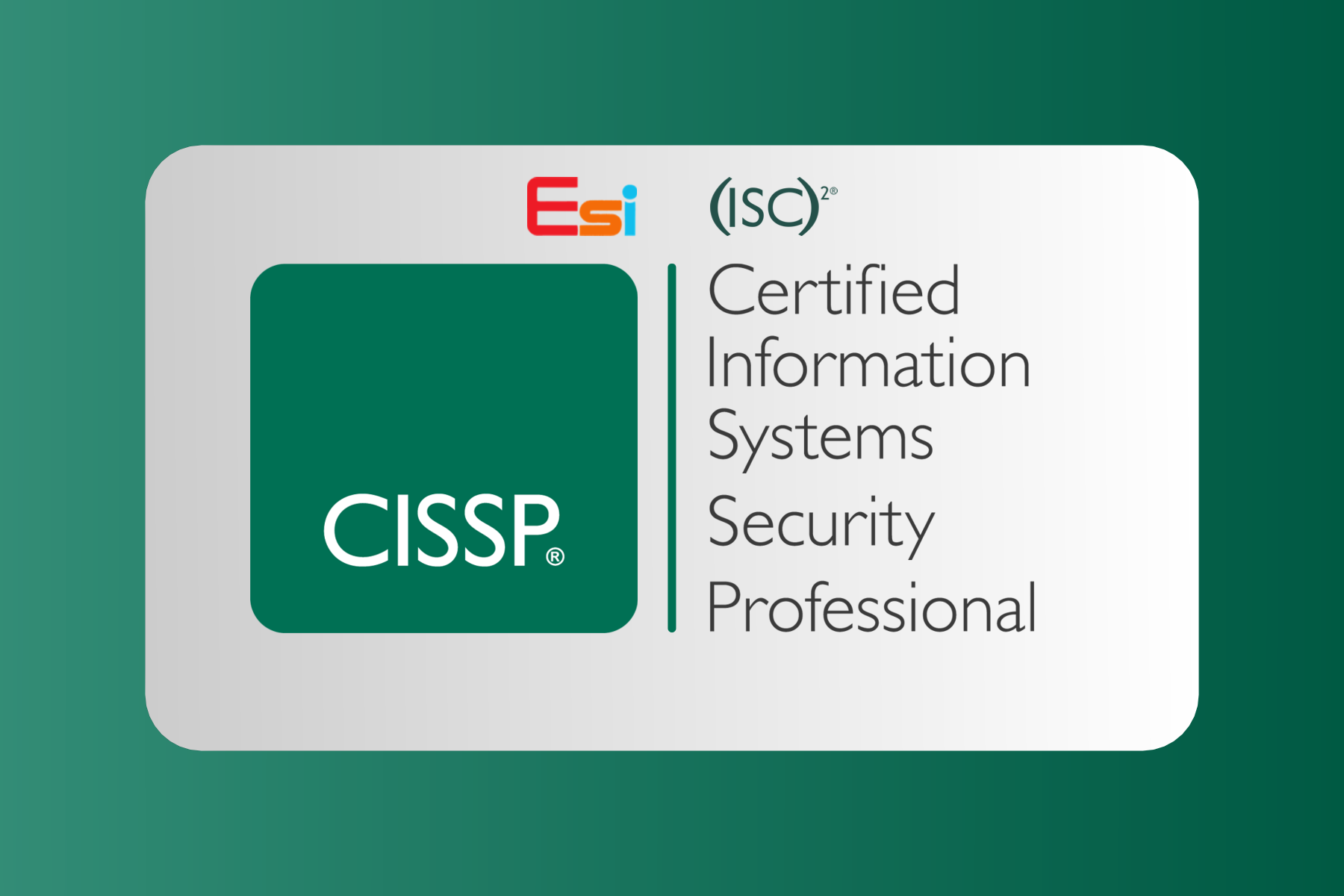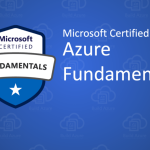Overview
- CISSP validates an information security professional’s profound technical and managerial knowledge and experience to design, engineer, and manage the overall security posture of an organization.
- Certified Information Systems Security Professional (CISSP) is one of the world’s premier cybersecurity certifications offered for professionals worldwide. This CISSP certification course is ideal for professionals who are looking to demonstrate their knowledge across different security practices and principles. This 5-day Certified Information Systems Security Professional (CISSP) certification is governed by the not-for-profit International Information Systems Security Certification Consortium (ISC)2.
Targeted Audience
- This course is suitable for
- Network Architects
- Security Consultants
- Security Architects
- Security Auditors
- Security Managers
- CIOs
- Directory of Security
- Security Analysts
- Security Systems Engineers
- Anybody who wants to gain knowledge of globally-recognized CISSP information security standards
- Anybody who is looking to clear their CISSP Certification Exam
Benefits
- A holistic understanding of information security aspects in an organization
- Defining the architecture, design, and management of IT security
- Necessary skills required to become a CISSP certified professional
- Gain a thorough understanding of all the 8 domains prescribed in the ISC2 CISSP Common Body of Knowledge (CBK)
- Optimizing security operations in an enterprise
- Access control systems and various methodologies that complement IT Security and governance for an enterprise
The Main Topic of the Course
- Module 1: Security and Risk Management
- Module 2: Asset Security
- Module 3: Security Architecture and Engineering
- Module 4: Communication and Network Security
- Module 5: Identity and Access Management (IAM)
- Module 6: Security Assessment and Testing
- Module 7: Security Operations
- Module 8: Software Development Security
Course Requirements
- Candidates who wish to take up the Certified Information Systems Security Professional (CISSP) training have a minimum 5 years of work experience in two or more of the 8 domains prescribed by ISC2 in their CISSP Common Body of Knowledge (CBK)
- There can be a waiver of 1 year from the required 5-year experience if the candidate has a 4-year college degree or any additional certification credential from ISC2 approved course list.
Course Outlines and Training Plan
Module 1 :
- Understand, adhere to, and promote professional ethics
- Understand and apply security concepts
- Evaluate and apply security governance principles
- Determine compliance and other requirements
- Understand legal and regulatory issues that pertain to information security in a holistic context
- Understand requirements for investigation types (i.e., administrative, criminal, civil, regulatory, industry standards)
- Develop, document, and implement security policy, standards, procedures, and guidelines
- Identify, analyze, and prioritize Business Continuity (BC) requirements
- Contribute to and enforce personnel security policies and procedures
- Understand and apply risk management concepts
- Understand and apply threat modelling concepts and methodologies
- Apply Supply Chain Risk Management (SCRM) concepts
- Establish and maintain a security awareness, education, and training program
Module 2 :
- Identify and classify information and assets
- Establish information and asset handling requirements
- Provision resources securely
- Manage data lifecycle
- Ensure appropriate asset retention (e.g., End-of-Life (EOL), End-of-Support (EOS))
- Determine data security controls and compliance requirements
Module 3 :
- Research, implement and manage engineering processes using secure design principles
- Understand the fundamental concepts of security models (e.g., Biba, Star Model, Bell-LaPadula)
- Select controls based upon systems security requirements
- Understand security capabilities of Information Systems (IS) (e.g., memory protection, Trusted Platform Module (TPM), encryption/decryption)
- Assess and mitigate the vulnerabilities of security architectures, designs, and solution elements
- Select and determine cryptographic solutions
- Understand methods of cryptanalytic attacks
- Apply security principles to site and facility design
- Design site and facility security controls
Module 4 :
- Assess and implement secure design principles in network architectures
- Secure network components
- Implement secure communication channels according to design
Module 5 :
- Control physical and logical access to assets
- Manage identification and authentication of people, devices, and services
- Federated identity with a third-party service
- Implement and manage authorization mechanisms
- Manage the identity and access provisioning lifecycle
Module6 :
- Design and validate assessment, test, and audit strategies
- Conduct security control testing
- Collect security process data (e.g., technical and administrative)
- Analyze test output and generate report
- Conduct or facilitate security audits
Module 7 :
- Understand and comply with investigations
- Conduct logging and monitoring activities
- Perform Configuration Management (CM) (e.g., provisioning, baselining, automation)
- Apply foundational security operations concepts
- Apply resource protection
- Conduct incident management
- Operate and maintain detective and preventative measures
- Implement and support patch and vulnerability management
- Understand and participate in change management processes
- Implement recovery strategies
- Implement Disaster Recovery (DR) processes
- Test Disaster Recovery Plans (DRP)
- Participate in Business Continuity (BC) planning and exercises
- Implement and manage physical security
- Address personnel safety and security concerns
Module 8 :
- Understand and integrate security in the Software Development Life Cycle (SDLC)
- Identify and apply security controls in software development ecosystems
- Assess the effectiveness of software security
- Assess security impact of acquired software
- Define and apply secure coding guidelines and standards






